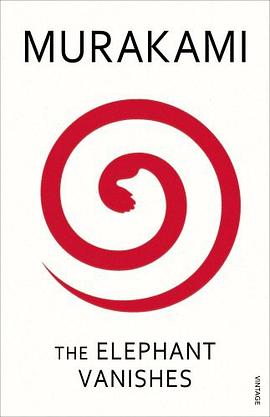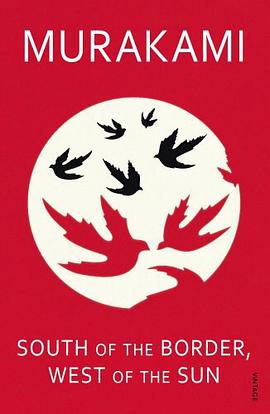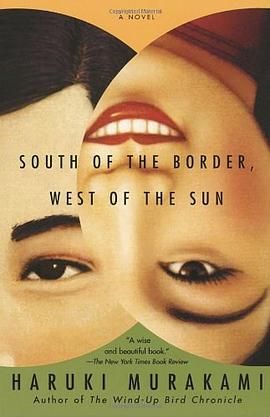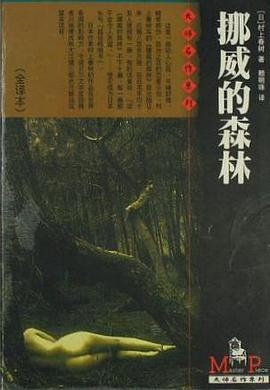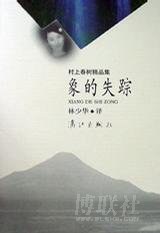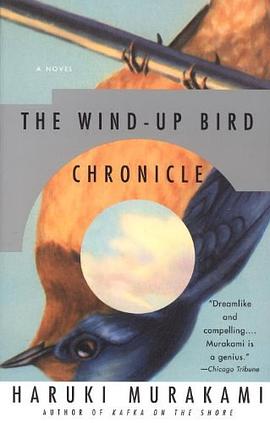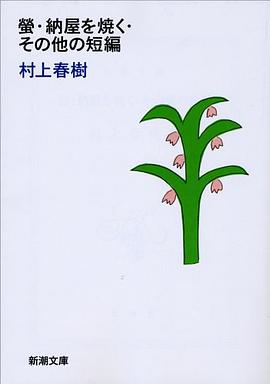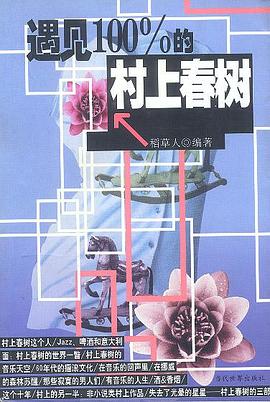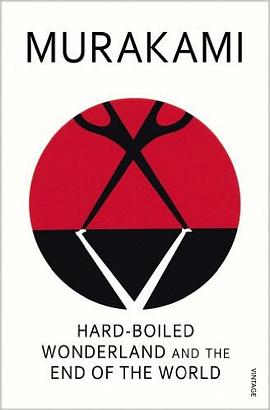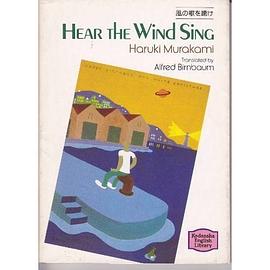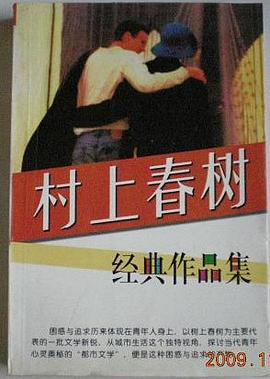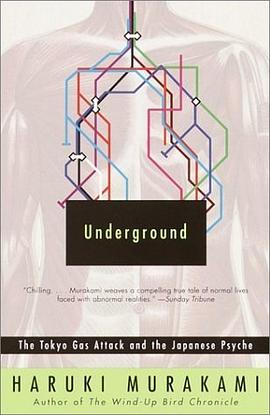

具體描述
村上春樹(1949-),日本著名作傢。京都府人。畢業於早稻田大學文學部。1979年以處女作《且聽風吟》獲群像信任文學奬。主要著作有《挪威的森林》、《世界盡頭與冷酷仙境》、《舞!舞!舞》、《奇鳥行狀錄》、《海邊的卡夫卡》、《天黑以後》等。作品被譯介至三十多個國傢和地區,在世界各地深具影響。
在綫閱讀本書
Book Description
From Haruki Murakami, internationally acclaimed author of The Wind-Up Bird Chronicle and Norwegian Wood, a work of literary journalism that is as fascinating as it is necessary, as provocative as it is profound.
In March of 1995, agents of a Japanese religious cult attacked the Tokyo subway system with sarin, a gas twenty-six times as deadly as cyanide. Attempting to discover why, Murakami conducted hundreds of interviews with the people involved, from the survivors to the perpetrators to the relatives of those who died, and Underground is their story in their own voices. Concerned with the fundamental issues that led to the attack as well as these personal accounts, Underground is a document of what happened in Tokyo as well as a warning of what could happen anywhere. This is an enthralling and unique work of nonfiction that is timely and vital and as wonderfully executed as Murakami’s brilliant novels.
From Publishers Weekly
On March 20, 1995, followers of the religious cult Aum Shinrikyo unleashed lethal sarin gas into cars of the Tokyo subway system. Many died, many more were injured. This is acclaimed Japanese novelist Murakami's (The Wind-Up Bird Chronicle, etc.) nonfiction account of this episode. It is riveting. What he mostly does here, however, is listen to and record, in separate sections, the words of both victims, people who "just happened to be gassed on the way to work," and attackers. The victims are ordinary people bankers, businessmen, office workers, subway workers who reflect upon what happened to them, how they reacted at the time and how they have lived since. Some continue to suffer great physical disabilities, nearly all still suffer great psychic trauma. There is a Rashomon-like quality to some of the tales, as victims recount the same episodes in slightly different variations. Cumulatively, their tales fascinate, as small details weave together to create a complex narrative. The attackers are of less interest, for what they say is often similar, and most remain, or at least do not regret having been, members of Aum. As with the work of Studs Terkel, which Murakami acknowledges is a model for this present work, the author's voice, outside of a few prefatory comments, is seldom heard. He offers no grand explanation, no existential answer to what happened, and the book is better for it. This is, then, a compelling tale of how capriciously and easily tragedy can destroy the ordinary, and how we try to make sense of it all. (May 1)Forecast: Publication coincides with the release of a new novel by Murakami (Sputnik Sweetheart, Forecasts, Mar. 19), and several national magazines, including Newsweek and GQ, will be featuring this fine writer. This attention should help Murakami's growing literary reputation.
From Library Journal
The deadly Tokyo subway poison gas attack, perpetrated by members of the Aum Shinrikyo cult on March 20, 1995, was the fulfillment of every urban straphanger's nightmare. Through interviews with several dozen survivors and former members of Aum, novelist Murakami (The Wind-Up Bird Chronicle) presents an utterly compelling work of reportage that lays bare the soul of contemporary Japan in all its contradictions. The sarin attack exposed Tokyo authorities' total lack of preparation to cope with such fiendish urban terrorism. More interesting, however, is the variety of reactions among the survivors, a cross-section of Japanese citizens. Their individual voices remind us of the great diversity within what is too often viewed from afar as a homogeneous society. What binds most of them is their curious lack of anger at Aum. Chilling, too, is the realization that so many Aum members were intelligent, well-educated persons who tried to fill voids in their lives by following Shoko Asahara, a mad guru who promised salvation through total subordination to his will. For all public and academic libraries. Steven I. Levine, Univ. of Montana, Missoula
From Booklist
After living abroad for eight years, novelist Murakami returned to Japan intent on gaining a deeper understanding of his homeland, a mission that took on an unexpected urgency in the aftermath of the Tokyo poison-gas attack in March 1995. Inspired by a letter to the editor from a woman whose husband survived the subway attack but suffered terrible aftereffects, Murakami set out to interview as many survivors as he could find who were capable of overcoming the Japanese reluctance to complain or criticize. With great sensitivity, insight, and respect, Murakami coaxed a remarkable group of people into describing their harrowing experiences aboard the five morning rush-hour trains on which members of the Aum Shinrikyo cult released deadly sarin gas. Unlike a journalist, Murakami doesn't force these searing narratives into tidy equations of cause and effect, good and evil, but rather allows contradictions and ambiguity to stand, thus presenting unadorned the shocking truth of the diabolical and brutal manner in which ordinary lives were derailed or destroyed. The most haunting aspect of these accounts is the eerie passivity of the passengers both during and after the assault, a phenomena echoed in Murakami's courageous interviews with Aum members, frank conversations that reveal the depth of these individuals' spiritual longings and the horror of their betrayal at the hands of their corrupt and insane leader. Shaped by his fascination with alternative worlds and humanity's capacity for both compassion and abomination, Murakami's masterful and empathic chronicle vividly articulates the lessons that should be learned from this tragic foray into chaos.
Donna Seaman
Book Dimension :
length: (cm)20.3 width:(cm)13.3
用戶評價
##非常棒的紀實小說
評分##1995年3月20日奧姆真理教製造的東京地鐵沙林毒氣事件之後9個月,村上春樹開始瞭這個為期一年的項目:盡可能地采訪這一事件的親曆者,將他們的講述寫下來集結成冊,名為《地下》。 2008年有一部電影叫《二十四城記》,副題是“中國工人訪談錄”,講述瞭國企轉製中的個人曆史與遭...
評分##非常棒的紀實小說
評分##書中所寫的受訪者,往往會強調這麼兩種情況:那天毫無特殊,本人如往常一般齣門上班,搭上同班地鐵的同一節車廂,就像餓瞭便想吃飯一樣正常;另一種則是,按本人平時的習慣,是不會搭上那一班車或者那一節車廂的,但是那天由於某種原因偏巧就齣現在瞭那裏而受到波及。 ...
評分##隻要是村上的書,在圖書館看到,都會毫不猶豫地藉迴來。 雖然同以往的文學體裁不同,村上的文字風格和林老師的“腔調”絕配。就是特彆鍾愛這樣的感覺。 “地下”這一話題,首先聯想到的是《世界盡頭與冷酷仙境》中的地下世界。 在書末後序“沒有標記的噩夢”中,作者也證實二...
評分##先說題外話,最近的幾本林譯村上,新齣版的《地下》以及新版本的幾本隨筆,都讓我們看到上海譯文的慌張,連續四本兩部書的版權給瞭南海,在麵對咄咄逼人的南海和翻譯確實在進步的施小煒,無論是著急的上海譯文,還是寂寞(也許)的林少華,都做瞭一些有趣的舉動。序言的分析誠...
評分##前半部是對幸存者的采訪以及村上解釋為什麼要寫這本書,後半部分是對教眾的采訪,在麵對一個個具體的人時,之前的一些想法多少有些改變。村上認為阪神地震和東京地鐵沙林事件是日本戰後最大的災難,雖然前者是自然因素後者是人為,但無疑都給普通人造成瞭巨大的心理創傷。所以希望通過自己的寫作去做些什麼,至少在應急政策上能有所改善。也是從寫阪神地震的after the quake對村上改觀,接著再看這本書,他確實是想以小說傢的身份去介入社會問題。準備再重讀下他的小說。
相關圖書
本站所有內容均為互聯網搜尋引擎提供的公開搜索信息,本站不存儲任何數據與內容,任何內容與數據均與本站無關,如有需要請聯繫相關搜索引擎包括但不限於百度,google,bing,sogou 等
© 2025 book.coffeedeals.club All Rights Reserved. 靜流書站 版權所有

